
- VisitSupport Happy HollowDONATE TODAYExploreSupport Happy HollowDONATE TODAYLearnSupport Happy HollowDONATE TODAYSupport
-
Today's Hours: 10:00 am to 4:00 pm
Happy Hollow Blog
The Difference a Quarter Can Make: Quarters for Conservation 2023 Awardees
March 6, 2024
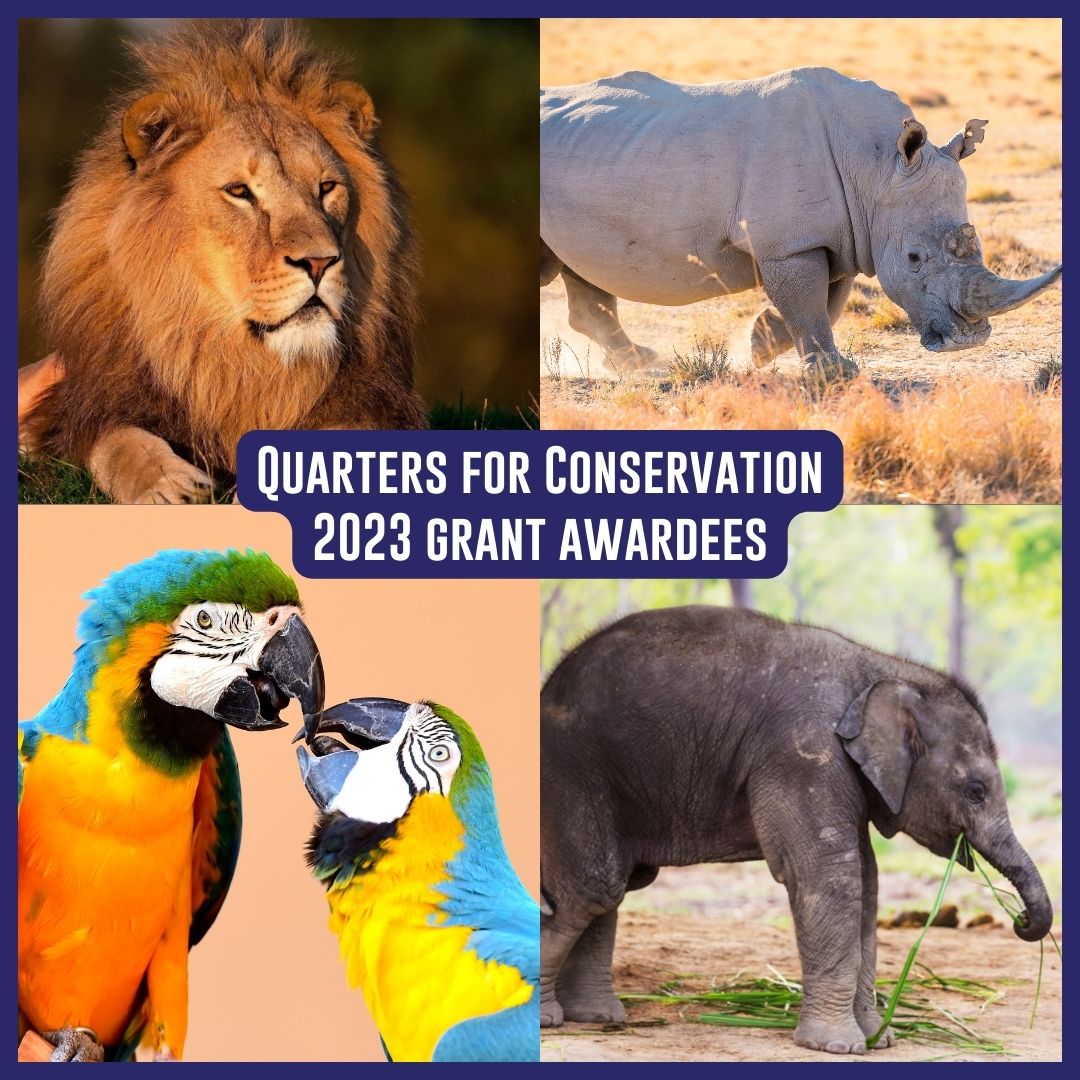
If you’ve visited Happy Hollow Park & Zoo since 2015, you’ve helped support the conservation of wildlife and their habitats just by purchasing an admission ticket or membership. In 2015, Happy Hollow introduced the Quarters for Conservation program, which devotes 25 cents of every ticket sold and $1 of every membership purchased to global and local conservation efforts.
Through a partnership with Happy Hollow Foundation, two-thirds of the funds collected are distributed to international conservation organizations through a grant program. The other one-third is earmarked for local conservation efforts, on-site at Happy Hollow and in Santa Clara County.
In 2023, Happy Hollow awarded a total of $50,000 in grants to four conservation organizations spread across the world doing impactful work toward the conservation of macaws, African lions, highly trafficked wildlife like pangolins, and Asian elephants. Read on to learn more about the four organizations and the work that Happy Hollow is supporting.
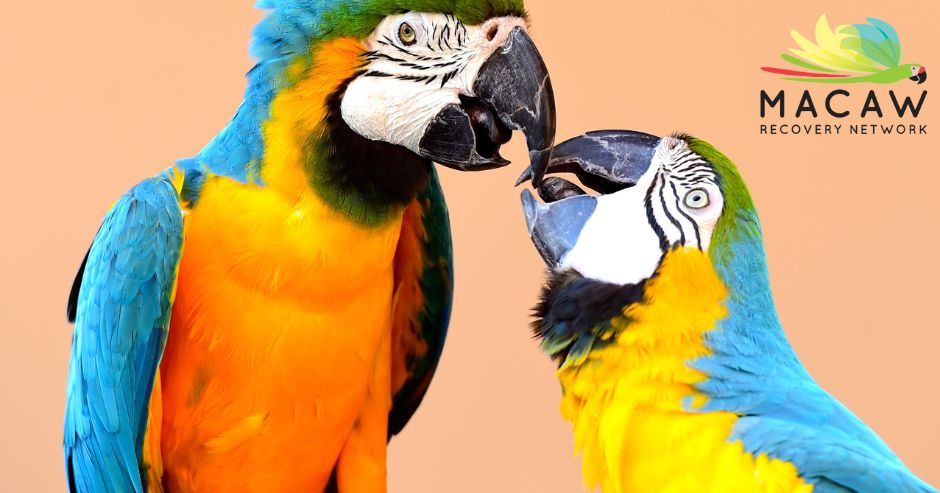
Macaw Recovery Network, located in Costa Rica, works to protect Scarlet Macaws, Great Green Macaws and Yellow-naped Parrots. The organization’s Women Rangers program was created in response to the pandemic, to support women who lost their jobs in the tourism business while at the same time promoting advocacy for parrots.
The Women Rangers are employed by Macaw Recovery Network to engage community youth in conservation education, work with local farmers to teach them conservation-friendly methods, manage local ecotourism initiatives, and lead reforestation efforts.
These women are passionate about the work they do, splitting their time between field work, visiting local schools, and maintaining a plant nursery that grows endangered tree species used by the Great Green Macaw for nesting and food. Once the saplings are ready for planting, the Rangers coordinate the reforestation efforts and work with local landowners. This creates buy-in and ensures the long-term success of the project.
This program not only provides an income and skills training for women who may be the only breadwinners in their household, it also builds long-term parrot and forest conservation advocates. It’s a win-win!
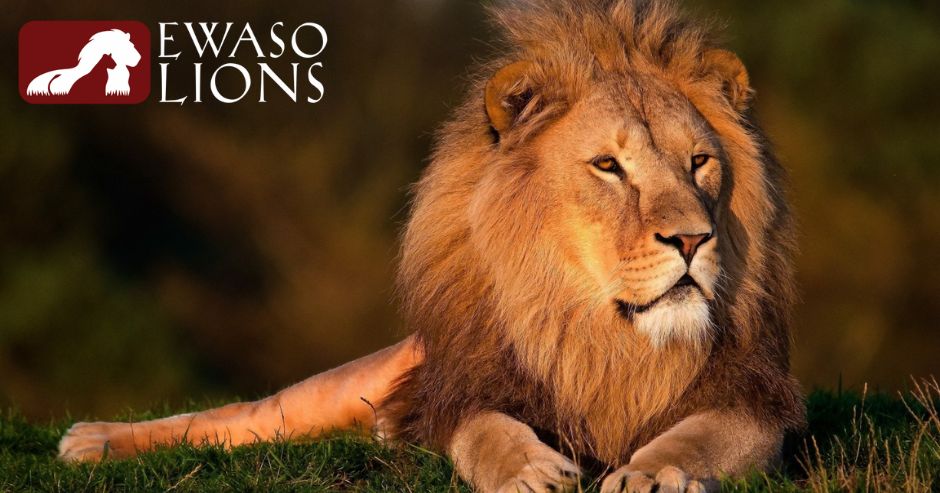
In northern Kenya, Ewaso Lions is dedicated to conserving large carnivores by promoting coexistence between people and wildlife. Their Warrior Watch program trains local men in conservation tactics, communication skills and the value of coexisting with carnivores.
Through this program, Samburu warriors, a traditionally neglected indigenous demographic historically overlooked or blamed for wrongdoing, are empowered to protect their communities and their local ecosystems.
Ewaso Lions explains, “The programme builds on the warriors’ traditional protection role by increasing their ability to mitigate human-carnivore conflict.” With less than 2,500 lions remaining in Kenya, and their main threat being habitat loss and conflict with humans, the role of Ewaso Lions’ Warrior Watch program is critical to promoting coexistence between people and large carnivores in areas key to maintaining breeding populations and building habitat connectivity.
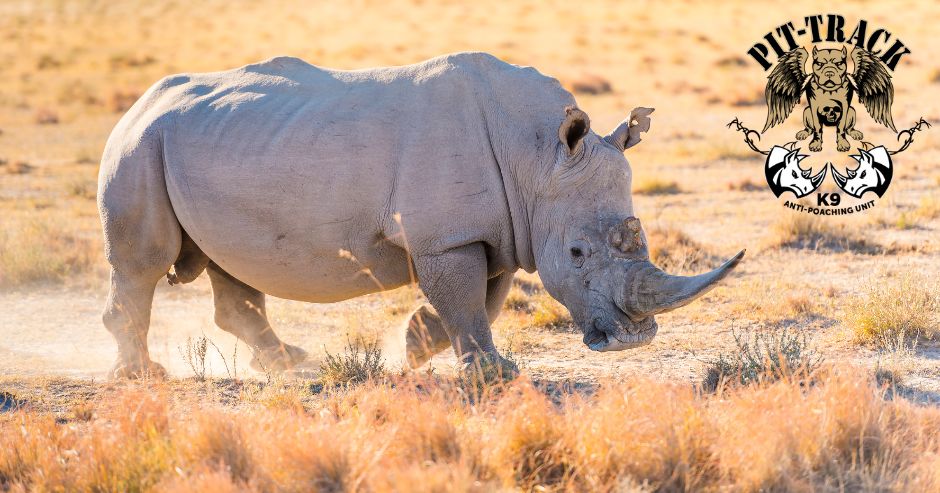
Pit-Track K-9 Conservation and Anti-Poaching Unit, located in South Africa, is a tactical anti-poaching organization that uses trained dogs to search for contraband such as pangolin scales, lion bone, and ivory. By searching shipping containers for these illegally trafficked wildlife products, the project’s goal is to reduce the traffic of these products and apprehend poachers.
Through an innovative protocol, their trained K-9s can detect target scents from just an air sample from a shipping container. This allows for efficient detection without containers needing to be opened and thus a greater number of containers searched with minimal disruption to port activity.
Along with scent-detection of these commonly trafficked wildlife parts, other K-9s are trained to detect fecal matter from each of these trafficked species. With an extensive collection of scat samples from across the countries where these species are found, a database of biologic markers can be built that can be matched to markers in confiscated samples, yielding valuable data on where trafficked items are originating.
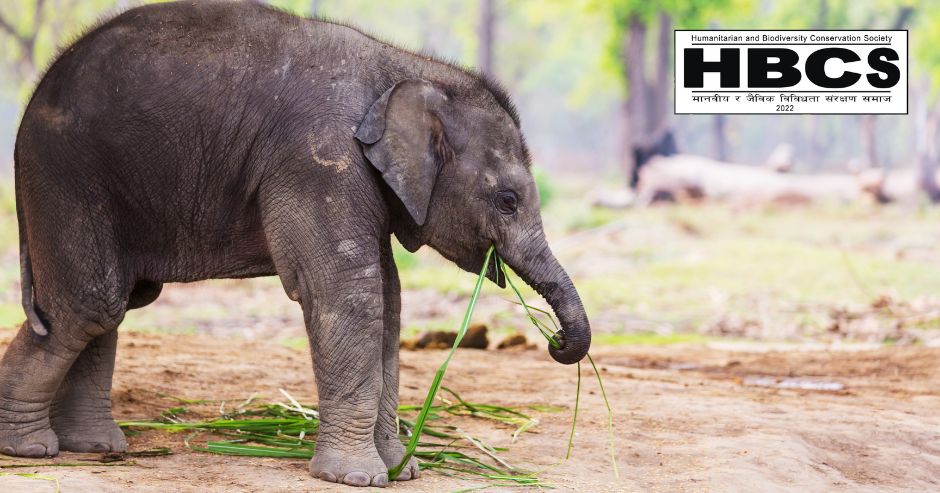
The Humanitarian and Biodiversity Conservation Society (HBCS) is working to reduce human-elephant conflict in and around Chitwan National Park in Nepal. With funding from Happy Hollow, the organization will map human-elephant conflict in the area to fully understand the existing challenges and identify the major causes of this conflict and local people’s perspective.
Armed with this knowledge, they will create a public education initiative to both educate affected communities on the ecological importance of elephants and the laws protecting them, and raise awareness of and provide training on ways to minimize human elephant conflict.
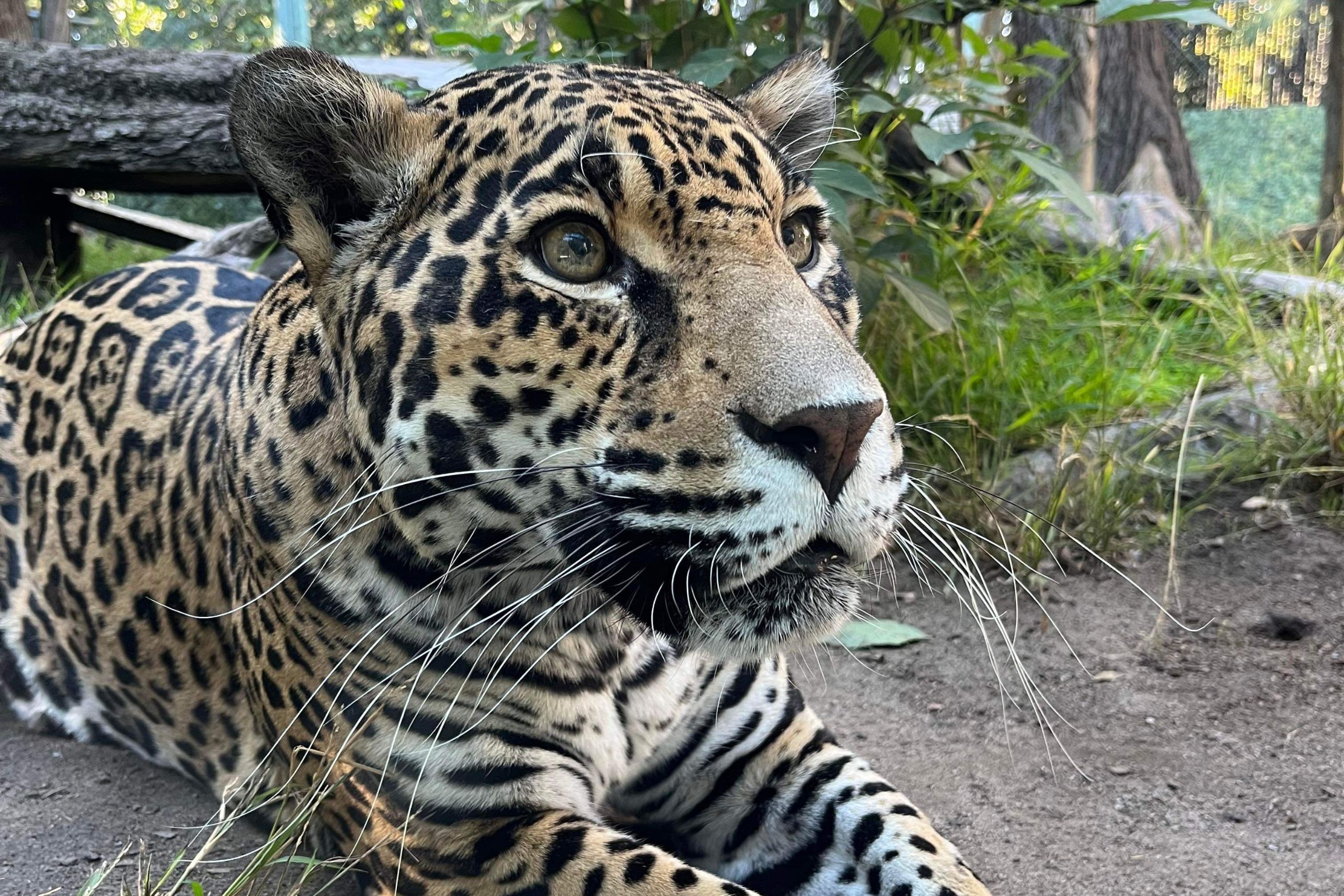
Each of these organizations is taking impactful steps to protect threatened and endangered wildlife in their regions, often with the direct involvement of their local communities, and Happy Hollow is proud to support this critical work.
Do you know of an organization that would be a great fit for Happy Hollow’s Quarters for Conservation grant? Applications are open now through March 31 for the 2024 grant cycle! Find more information about the grant requirements and process, and more information about previous recipients, at happyhollow.org/q4c/